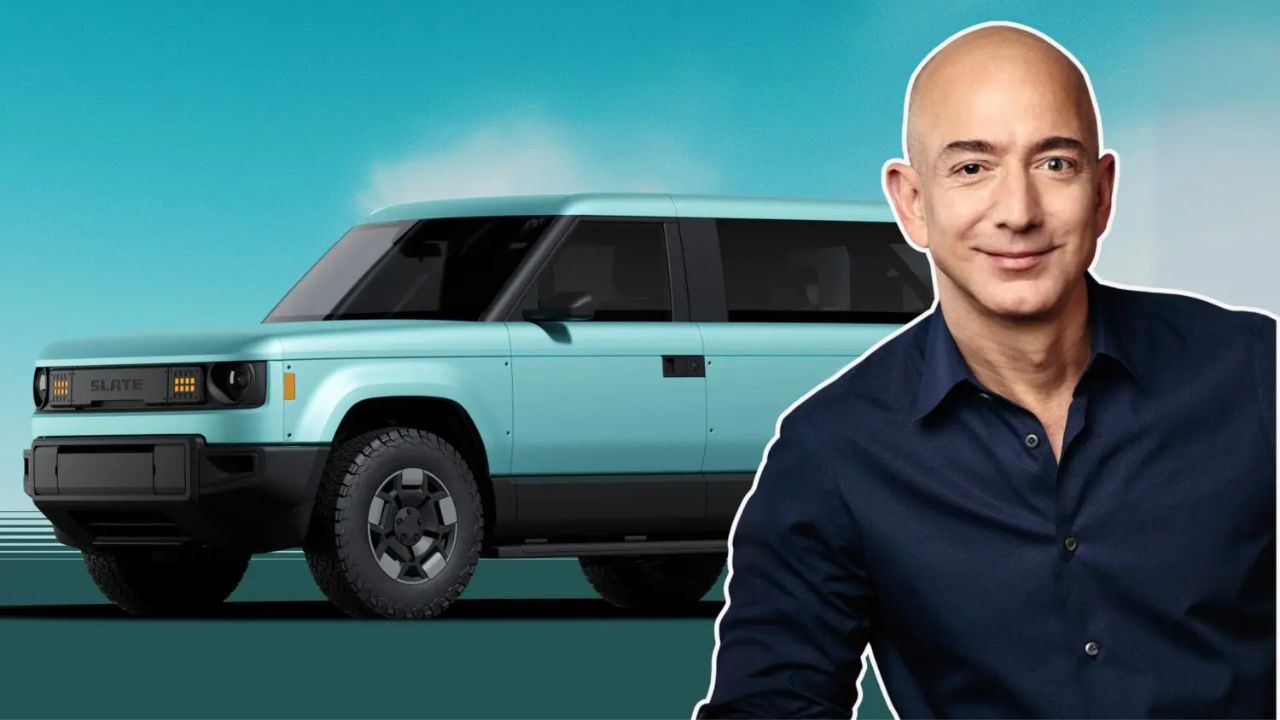Slate Auto, the electric vehicle startup backed by Amazon founder Jeff Bezos, has quietly stopped claiming that its upcoming all-electric pickup truck will cost “under $20,000.” This shift comes in the wake of President Trump’s recently passed tax legislation, which is set to eliminate the federal EV tax credit—a key incentive the company had counted on to make its pricing competitive. The $7,500 federal tax credit, which has helped drive EV affordability for years, will end in September following the new bill’s expected signing by President Trump on July 4. Slate Auto had heavily factored this incentive into its initial pricing promises, allowing it to tout a sub-$20,000 price tag for its first pickup truck.
A Quiet Price Shift Leaves Questions
When Slate Auto emerged from stealth mode in April, the company spotlighted its ambition to offer an affordable EV for the masses. The sub-$20,000 figure was central to its pitch, prominently featured across its website and launch materials. However, according to the Web Archive, that language was quietly removed from the company’s website as recently as yesterday.
Despite this revision, Slate Auto has yet to publicly disclose the true starting price of its electric pickup without the tax credit factored in. During its launch event, the company refrained from offering concrete pricing, instead emphasising affordability as a key selling point. A Slate spokesperson declined to comment on the recent pricing change.
Also Read: TSMC Puts Japan on Hold, Shifts Focus to US Amid Tariff Fears
Production Still Years Away
Slate Auto’s pickup truck is not expected to enter production until late 2026 at the earliest. Moreover, the company’s business model emphasises extensive customisation, raising the possibility that few buyers will ultimately choose the base model—the only version that might have hit the under-$20,000 mark, even with incentives.
The startup’s initial pricing promise had generated buzz for offering a rare combination of affordability and EV innovation in a market where electric trucks routinely cost far more. Speaking at the company’s launch, chief commercial officer Jeremy Snyder remarked that the auto industry had "driven prices to a place that most Americans simply can’t afford," adding, "But we’re here to change that."




